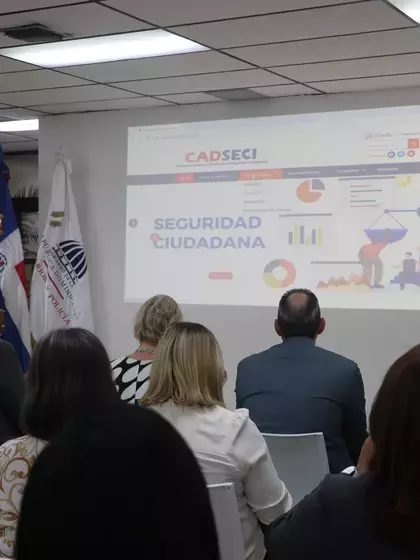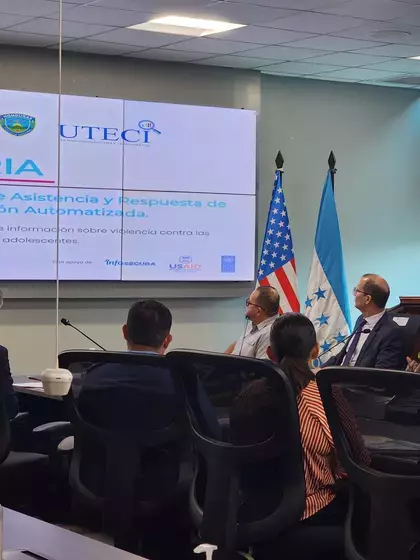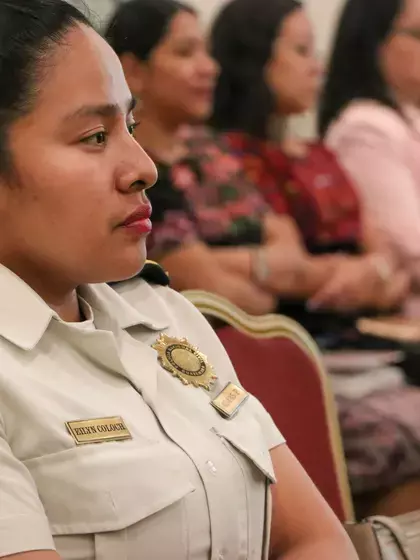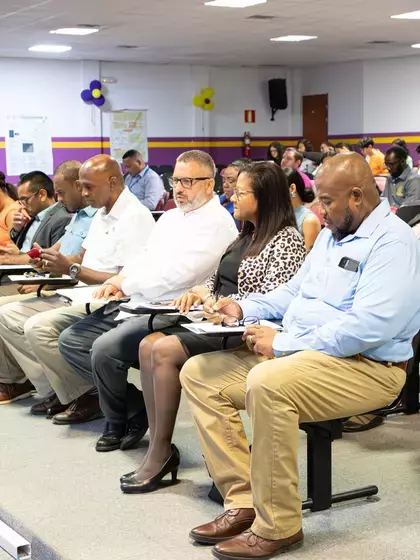Analysing vulnerabilities and violence against the LGBTQ+ population in countries in Central America
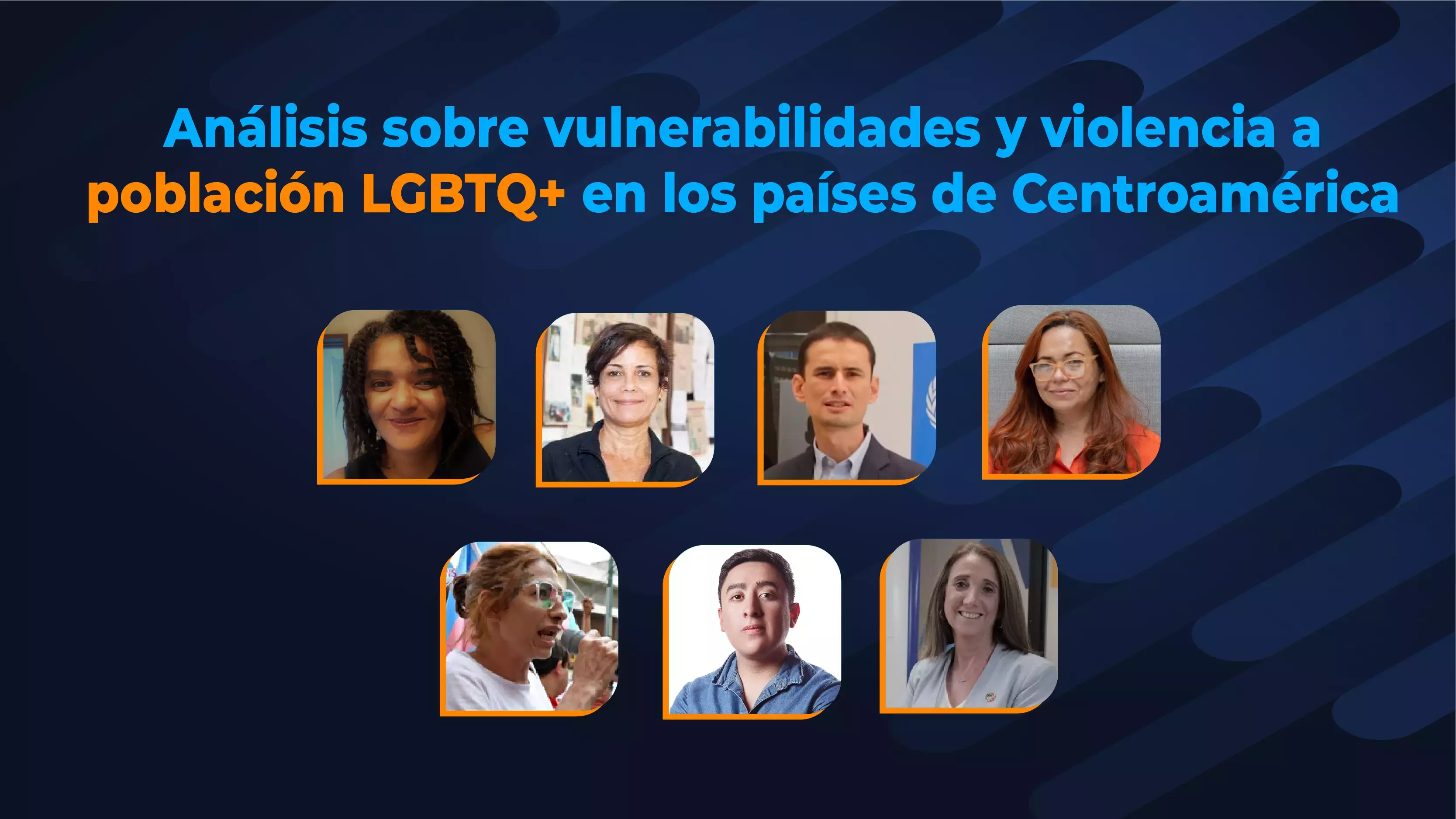
A highly anticipated and well-attended DatAction episode six, season six was held on August 24. The objective was to analyse the vulnerabilities and violence against LGBTQ+ people in the countries of Central America, using data from the latest survey to produce information on the sociodemographic and human rights characteristics of the LGBTQ+ population in the subregion of Central America (Belize, Costa Rica, Guatemala, Honduras and Panama).
For the last six years, DatAction has been the digital community of practice and exchange of knowledge produced by the InfoSegura Regional Project of the United Nations Development Programme (UNDP), with the support of the United States Agency for International Development (USAID).
On this occasion, participants included some of the main LGBTQ+ rights experts in the region. Karin Santi, HIV and Health cluster Lead, UNDP Latin America and the Caribbean, reminded the audience that, "the way to a more equitable world, requires that we understand the challenges that all members of society face." In this sense, Santi pointed out that "LGBTQ+ communities often bear the brunt of injustices, which hinders them from accessing the same opportunities, protections and freedoms" that the rest of society has.
Gerald Mora, InfoSegura Regional Project Assistant Coordinator presented the details of the CID Gallup survey. He focused on "the challenges that remain in order to identify the size of the LGBTQ+ populations in each of the countries," and he said the study is just, "the beginning to continue working on this issue."
UNDP Regional Office for Latin America and the Caribbean Specialist in HIV, Health and Development Juana Cooke recalled that although results are presented as "data and percentages, these represent and translate to individual lives that deserve to be acknowledged," and described some of the problems the LGBTQ+ population face, such as restrictions in employment, forced migration due to sexual orientation or issues of mental health.
On behalf of civil society, Dayana Hernandez, the Director of the Asociación Transvida of Costa Rica, decried the fact that "Central America is still an unsafe place for the LGBTQ+ population, and in particular, the northern triangle is still the triangle of death." Hernandez pointed out that some of these people are driven to forced displacement, and, "they have to grab their things and leave with whatever they have on them to go to another place, another culture, undocumented, like ghosts in those countries, and practically without any rights."
On behalf of the academic sector, researcher Gabrielle Briton noted that there are greater probabilities of LGBTQ+ people experiencing mental issues throughout their lives than heterosexual people, and this is especially the case of transgender people, who are four times more likely to do so. Briton said this situation is due to the "great discrimination, family rejection, harassment and fear of violence," that this group faces.
Guatemalan Human Rights Ombudsman for Persons of Sexual Diversity Henry España recalled that in several recent reports the Inter-American Commission on Human Rights notes that it is important for governments to collect information on violence and discrimination against LGBTQ+ people, and that this information needs to "be used to develop policies that benefit this group."
Finally, in closing, InfoSegura Regional Project Coordinator Marcela Smutt thanked all the speakers and noted that the work of collecting and presenting data on different circumstances that affect the region, "should drive us to continue towards more peaceful and inclusive societies where everyone can really enjoy spaces that are free from violence."
For more information, click on:

